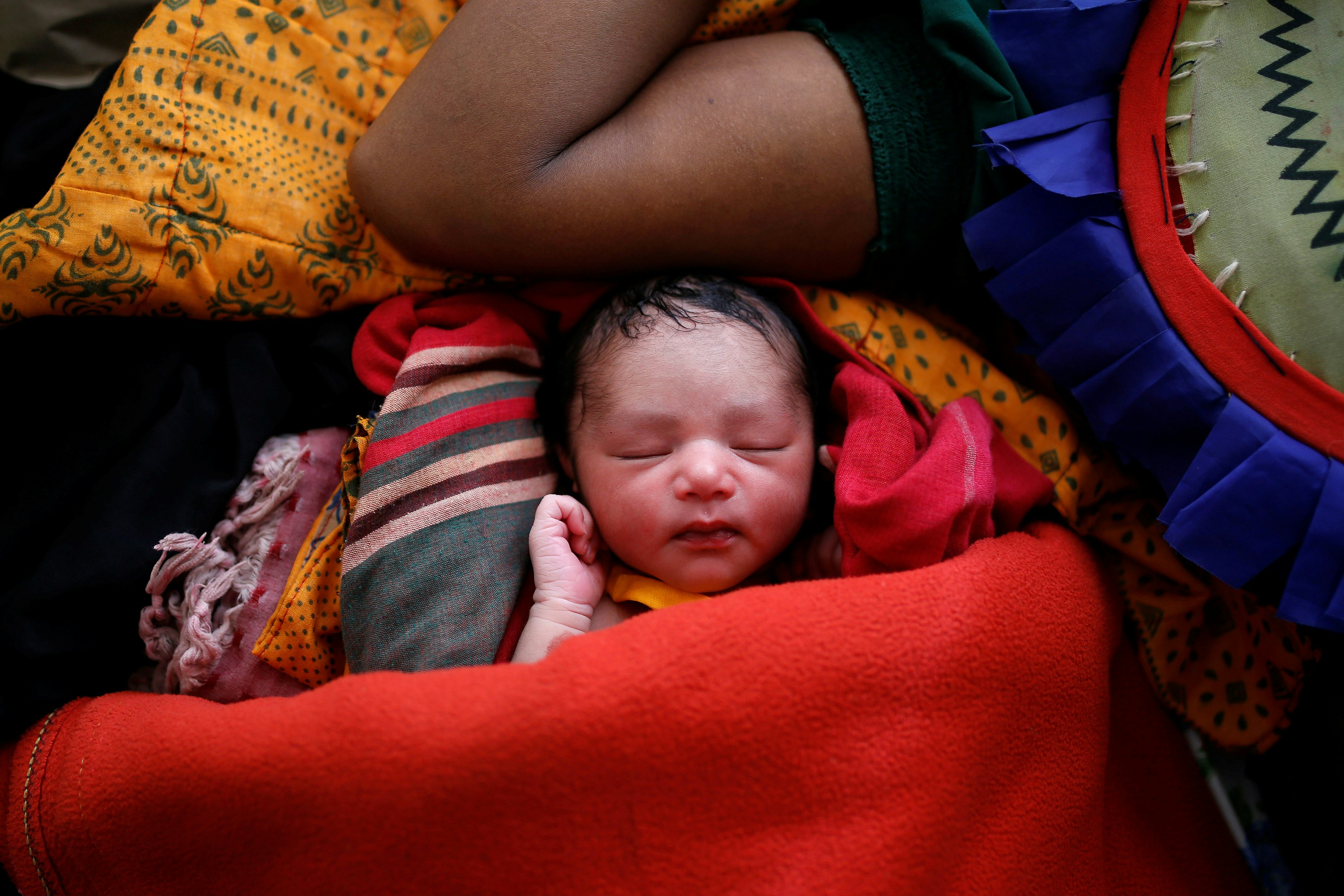Dutch Nationality Laws Leave Six-Year Old in Legal Limbo
NEW YORK—The Open Society Justice Initiative has filed a complaint with the UN Human Rights Committee (HRC) on behalf of a six-year old boy left in legal limbo in the Netherlands in breach of international protections against childhood statelessness.
The boy, Denny Zhao, was born in the Netherlands and has never left, yet he has been deemed an illegal alien and registered with an “unknown” nationality. This prevents him being recognized as “stateless”, such that he cannot claim Dutch nationality.
There are more than 13,000 children in the Netherlands in a similar legal position, of whom more than 5,000 have been classed as being of “unknown” nationality for more than five years.
“Legally, the Netherlands has abandoned Denny,” said Laura Bingham, the lead lawyer on the case for the Justice Initiative, which co-filed the application with Jelle Klaas of the Public Interest Litigation Project of the Dutch section of the International Commission of Jurists (NJCM). “For the past three years, he has been living in a restricted facility for failed asylum seekers with his mother, with little or no contact with society. This is unacceptable—even more so given The Netherlands’ international commitments to reduce statelessness and ensure that all children enjoy the right to acquire a nationality from birth.”
Despite years of well-documented efforts, Denny’s mother, who was born in China but holds no documentation proving her own identity, has failed to obtain recognition of Denny as a national of China—the only country, other than the Netherlands, with which he has any connection. In spite of this evidence of his statelessness, Denny has not been able to meet the cumbersome standard of proof to be registered as stateless in the Netherlands.
Even if successful in changing his registration from “unknown” to stateless, Denny would still have no clear means of acquiring Dutch nationality, as he lacks a legal residence permit, a further requirement under Dutch law.
At least one Dutch court has permitted a registered stateless child to claim access to Dutch nationality relying directly on the 1961 Convention, Article 1, which obliges states to grant nationality to children born on their territory who would otherwise be stateless. But that decision contradicts current Dutch law and thus offers no certainty that the same interpretation would apply in Denny’s case.
A legislative proposal has been advanced that could, if adopted, correct this conflict, by allowing children born in the Netherlands who would otherwise be stateless to acquire Dutch nationality after a period of habitual (as opposed to legal) residence.
The potential amendment makes the recognition of Denny’s statelessness all the more imperative, but other serious shortcomings in the draft law make its impact in Denny’s case uncertain at best. It is unclear what evidence will be considered for the establishment of statelessness status. There is no mention as to how the burden of proof will be divided between the applicant and the state, for example. There is no right of residence pending the outcome and the Explanatory Memorandum to the proposed procedure suggests that children whose parents do not have a history of compliance with Dutch immigration authorities would not qualify as having a “stable” residence (one of the requirements for accessing citizenship), and would thus not qualify for Dutch nationality. The new law also requires applicants for citizenship under a new option procedure for stateless persons to “not be able to resolve statelessness otherwise,” with no clarity as to how exactly this inability will be assessed, in particular in Denny’s case.
NJCM’s Jelle Klaas said:
“Denny’s situation is a powerful example of what kind of problems children without a nationality in the Netherlands are facing; we hope this detailed complaint will contribute to the current legislative process in the Netherlands by clarifying the shortcomings of the existing law.”
The application on Denny’s behalf at the HRC argues that his treatment is a breach of Article 24 of the International Covenant on Civil and Political Rights, which states that every child has the right to acquire a nationality. The application urges the Netherlands to take steps to remedy Denny’s situation, and to make the necessary legal changes to end the shortcomings in its nationality law.
Related Work
Justice Initiative Welcomes First UN Human Rights Committee Ruling on the Right to Nationality for Children
The UN Human Rights Committee has found, in the case of Zhao v. Netherlands, that the Netherlands violated the rights of a child, Denny Zhao, by assigning him the status of “unknown” nationality when his birth in the country was registered.
Open Society Justice Initiative Joins Statement of Concern on Assam Registration Crisis
Over 100 international and national civil society groups have signed a joint-letter calling for an international response to a India's troubled review of its National Register of Citizens in Assam.
Saving Newborn Rohingya from a Legal Abyss
The government of Bangladesh has already promised to uphold its obligation to register newborn Rohingya refugees. For the sake of international law—and the children’s future—it must stop dragging its feet.
